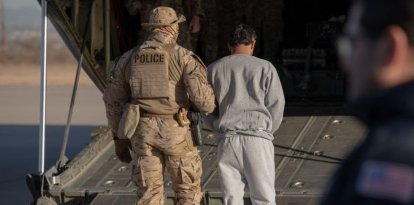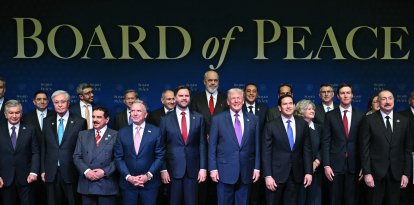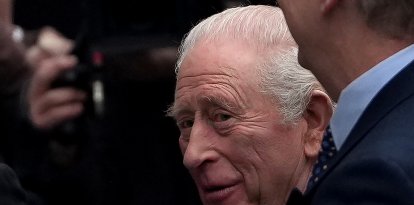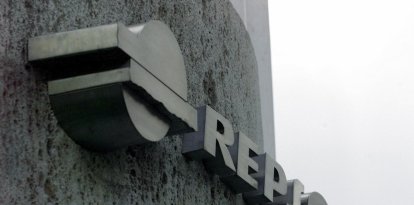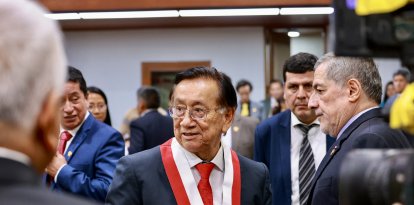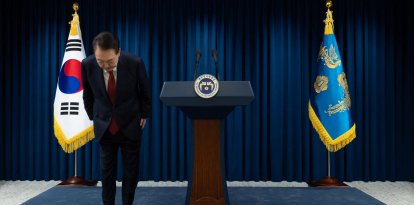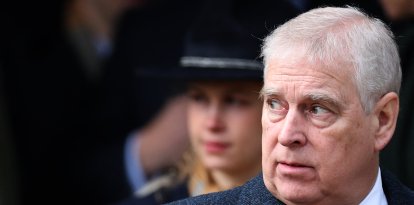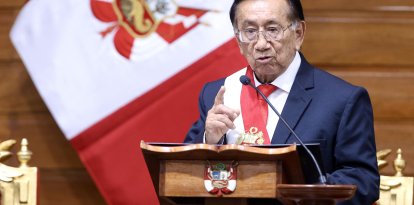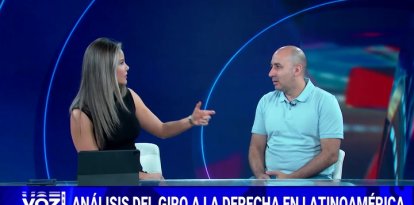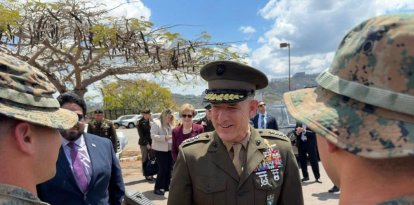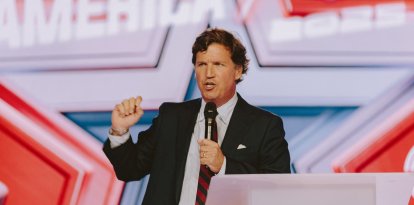World leaders react to the death of Henry Kissinger: "The end of an era"
George W. Bush, Benjamin Netanyahu, Xi Jinping, Mike Pompeo and many others shared their messages on the passing of the 100-year-old diplomat.
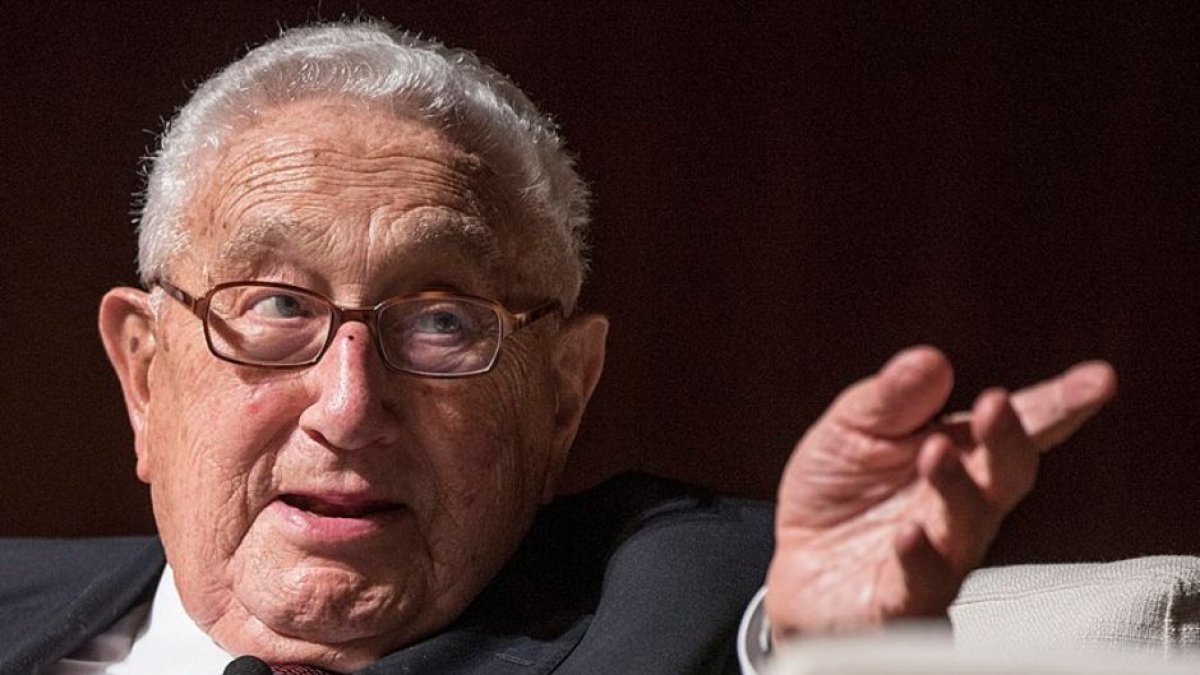
Wikimedia Commons
Henry Kissinger died at the age of 100 on Wednesday night, November 29. The legendary diplomat served as National Security Advisor, Secretary of State and later as an international consultant. These varied activities saw him meet many leaders over the decades, figureheads who honored him once news of his death was confirmed.
Kissinger’s consulting firm confirmed the news in a statement accessed by Reuters. “Dr. Henry Kissinger, a respected American scholar and statesman, died today at his residence in Connecticut.”
Just hours later, world leaders began to send their messages, lamenting the loss of the diplomat, who, among other things, was vital to the diplomatic and commercial opening with China, to the detente policy with the Soviet Union and to preventing the expansion of communism in Latin America.
Benjamin Netanyahu
In the midst of the war between Israel and Hamas, the Israeli prime minister took time to remember the figure who he described as a “great statesman” and a “friend.” “Dr. Kissinger's departure marks the end of an era, one in which his formidable intellect and diplomatic prowess shaped not only the course of American foreign policy but also had a profound impact on the global stage,” Netanyahu began.
“I had the privilege of meeting Dr. Kissinger on numerous occasions, the most recent being just two months ago in New York. Each meeting with him was not just a lesson in diplomacy but also a masterclass in statesmanship. His understanding of the complexities of international relations and his unique insights into the challenges facing our world were unparalleled,” he added.
Finally, he highlighted Kissinger’s contributions not only to the field of diplomacy but to public life in general. “Henry Kissinger was not just a diplomat; he was a thinker who believed in the power of ideas and the importance of intellectual capital in public life. His contributions to the field of international relations and his efforts in navigating some of the most challenging diplomatic terrains are testament to his extraordinary capabilities,” he said.
George W. Bush
The former president was one of the heads of state who consulted Kissinger repeatedly and even appointed him chairman of the 9/11 Commission.
“America has lost one of the most dependable and distinctive voices on foreign affairs with the passing of Henry Kissinger”, wrote the Republican.
Antony Blinken
The current occupant of the position that Kissinger popularized highlighted his predecessor’s contribution to world diplomacy and revealed when they last maintained contact.
“Secretary Kissinger really set the standard for everyone who followed in this job. I had the privilege of having his advice many times, including a month ago. He was extraordinarily generous with his wisdom, with his advice. Few people were better students of history. Even fewer people did more to shape history than Henry Kissinger,” he wrote.
Mike Pompeo
Another former Secretary of State who spoke out was Pompeo, who held the position during the final years of the Trump Administration.
“Henry Kissinger was a model of service and a great American. From the day he came to the United States as a teenager fleeing Nazi Germany, Dr. Kissinger dedicated his life to serving this great country and keeping America safe. He left an indelible mark on America's history and the world. I will always be grateful for his gracious advice and help during my own time as Secretary. Always supportive and always informed, his wisdom made me better and more prepared after every one of our conversations”, he expressed.
China
As reported by Reuters, Xi Jinping and other officials mourned the death of Kissinger, who, legend has it, visited the country more than 100 times.
“During his lifetime, Dr. Kissinger attached great importance to Sino-US relations and believed that Sino-US relations were crucial to the peace and prosperity of China, the United States and the world. China and the United States must inherit and carry forward Dr. Kissinger’s strategic vision, political courage, and diplomatic wisdom, adhere to the important consensus reached by the Chinese and American presidents at their meeting in San Francisco, adhere to mutual respect, peaceful coexistence, and win-win cooperation, and promote the sound, stable and sustainable development of China-U.S. relations” declared Wang Wenbin, the Chinese Foreign Ministry spokesperson.
In 1971, the diplomat visited Beijing incognito as part of the “Marco Polo” operation, which was kept secret even to senior American commanders since Nixon did not want anyone to know about his attempt to get closer to communist China.
The management continued with meetings with Foreign Minister Chou en-lai, opening the door for Nixon’s landing in the Asian country in 1972. This allowed Beijing to emerge from international isolation and begin its path toward today’s status as one of the great powers.













